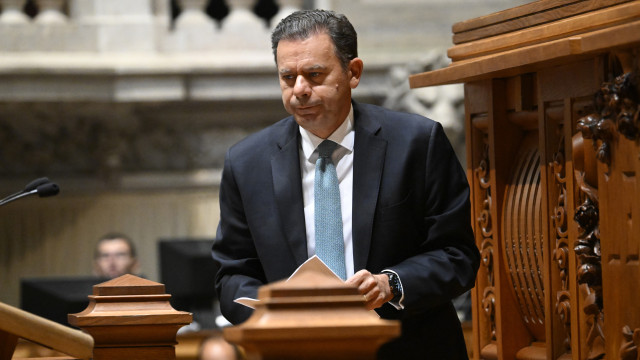
Regarding 2027, central bank economists have maintained the forecast for a 1.3% growth in Gross Domestic Product (GDP), consistent with the estimate made in March.
According to the statement released following the Governing Council meeting held today in Frankfurt, Germany, the maintenance of the growth projection for 2025 “reflects a stronger-than-expected first quarter, combined with weaker prospects for the rest of the year.”
While it anticipates that uncertainty surrounding trade policies “weighs on business investment and exports, particularly in the short term,” the ECB believes that increased public investment in defense and infrastructure “will increasingly support growth in the medium term.”
Simultaneously, “higher real incomes and a robust labor market will enable households to spend more,” which, along with more favorable financing conditions, “should make the economy more resilient to global shocks.”
The central bank also indicates that, amid high uncertainty, experts evaluated some mechanisms through which different trade policies could affect growth and inflation in alternative illustrative scenarios.
In this scenario analysis, which will be published later, if trade tensions escalate further in the coming months, growth and inflation would fall below the forecasts in the baseline scenario of the projections.
On the other hand, if trade tensions were resolved favorably, growth and, to a lesser extent, inflation would exceed the forecasts in that scenario.




